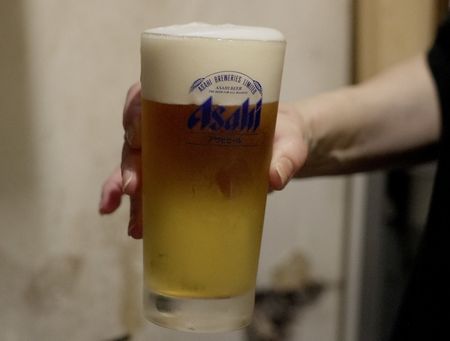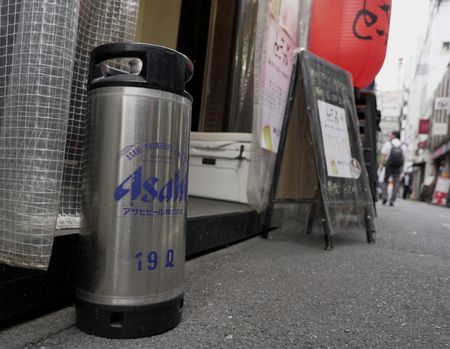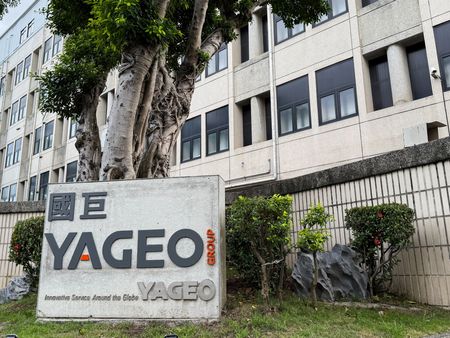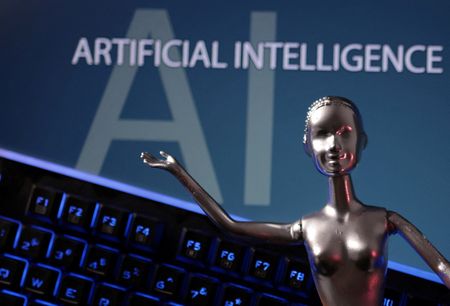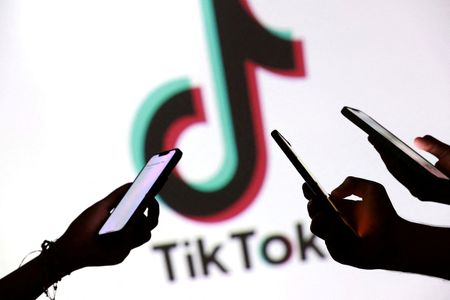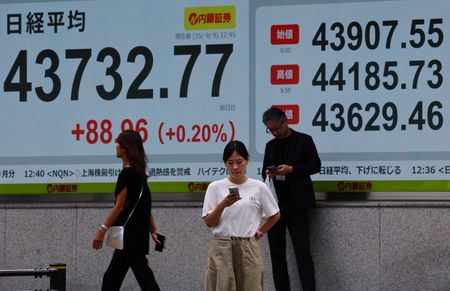By Kentaro Okasaka and Joseph Campbell
TOKYO (Reuters) -Japanese restaurants, bars and stores are running low on beer and other beverages from industry leader Asahi Group as the impact from a cyberattack entered a fifth day on Friday, with no resolution in sight.
Known for its Super Dry beer, Nikka Whisky as well as non-alcoholic beverages, Asahi suspended operations in Japan on Monday including order processing, shipping and call center functions after a cyberattack caused a system outage.
The company began processing orders for some products on Wednesday by visiting customers in person and handwriting orders, it said. While it continues to take orders for food and soft drinks, it has not taken further orders for alcoholic beverages to prioritise outgoing shipments, which began on Friday for the first batch of manually filled orders, it said.Asahi said it continues to work with investigative authorities on the cyberattack.
The breach is the latest in a string of cyber and ransomware attacks targeting global companies.
In Britain, luxury carmaker Jaguar Land Rover was forced to shut down its factories last month, while Marks & Spencer and the Co-op Group have also fallen victim to sophisticated breaches.
On Friday in Tokyo, one eatery that normally only serves Asahi-branded beer said it was on its last keg of Asahi Super Dry, and that its supplier brought beer from rival Sapporo a day earlier, citing the shortage.
“It’s a bit of a problem,” said Tomiko Yano, a chef at restaurant Kushiyaki Tosaka. “We specialise in yakitori (skewered chicken) and it pairs really well with Super Dry. A lot of customers say that, so I’m a little worried (about the shortage).”
Convenience store operator Lawson said it was expecting a shortage of Asahi products soon and it was making preparations to sell alternative products. FamilyMart and 7-Eleven also said they were affected.
Asahi’s shares have fallen about 4% to their lowest level since February after the company said it was attacked.
(Reporting by Kentaro Okasaka, Joseph CampbellWriting and additional reporting by Chang-Ran KimEditing by Thomas Derpinghaus)

